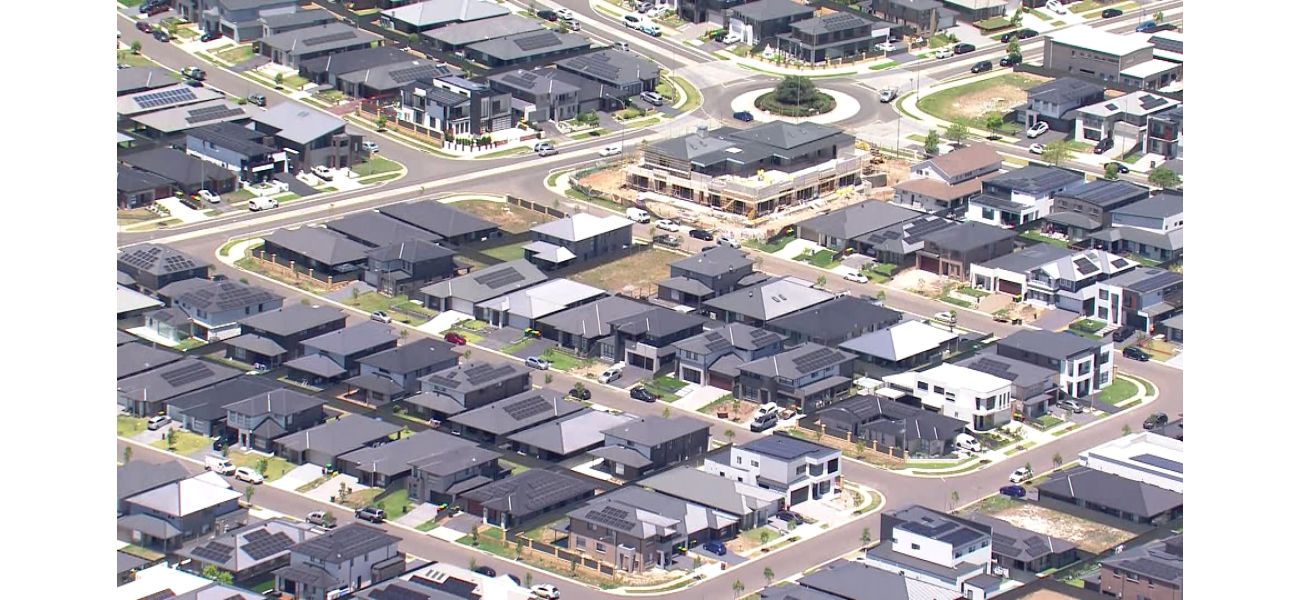The RBA disagrees with the common theory that is often blamed for rising rents.
The RBA suggests that recent rate increases are not the cause of increased rental prices.
October 18th 2024.

According to a recent report by the Reserve Bank of Australia, there is a popular belief that landlords passing on high interest rates to their tenants is the main reason for the skyrocketing rental prices. However, the report, which was published just yesterday, suggests that this theory may not hold much weight.
While it is true that when interest rates rise, rental rates tend to follow suit, the report highlights that the real culprit behind the inflated rental prices is the low supply of housing. The RBA's economists, Declan Twohig, Anirudh Yadav, and Jonathan Hambur, stated that their findings support the idea that the demand for housing, in comparison to the available stock, is what truly drives the cost of rent.
To come to this conclusion, the RBA analyzed 13 years of property-investors tax returns, spanning from 2006-07 to 2018-19. In their words, "We find little evidence of direct pass-through from interest costs to rent". In simpler terms, they found that for every dollar increase in mortgage interest costs, landlords only increase their rents by one cent. This means that even when interest rates rise, the impact on rental prices is minimal.
The report also revealed that due to interest rate hikes, the median mortgage payments have gone up by approximately $850 from April 2022 to January 2024. However, the RBA's estimate suggests that this increase in interest costs would have only raised rents by less than $10 per month, or just over $2 per week.
In other words, the RBA's research has concluded that interest rate hikes alone have only contributed to a $10 increase in monthly rent. The blame for the high rental prices, therefore, cannot be solely placed on the landlords. Instead, it is the lack of available housing that is to be held accountable for the current state of the rental market.
The economists at the RBA explained that the demand for housing has been steadily rising, fueled by a high population growth and a growing preference for more living space. On the other hand, the supply of housing has been unable to keep up, due to ongoing constraints and an increase in construction costs. This, they say, is consistent with the standard view that the level of demand for housing, in comparison to the available properties, is what ultimately drives the cost of rent.
While it is true that when interest rates rise, rental rates tend to follow suit, the report highlights that the real culprit behind the inflated rental prices is the low supply of housing. The RBA's economists, Declan Twohig, Anirudh Yadav, and Jonathan Hambur, stated that their findings support the idea that the demand for housing, in comparison to the available stock, is what truly drives the cost of rent.
To come to this conclusion, the RBA analyzed 13 years of property-investors tax returns, spanning from 2006-07 to 2018-19. In their words, "We find little evidence of direct pass-through from interest costs to rent". In simpler terms, they found that for every dollar increase in mortgage interest costs, landlords only increase their rents by one cent. This means that even when interest rates rise, the impact on rental prices is minimal.
The report also revealed that due to interest rate hikes, the median mortgage payments have gone up by approximately $850 from April 2022 to January 2024. However, the RBA's estimate suggests that this increase in interest costs would have only raised rents by less than $10 per month, or just over $2 per week.
In other words, the RBA's research has concluded that interest rate hikes alone have only contributed to a $10 increase in monthly rent. The blame for the high rental prices, therefore, cannot be solely placed on the landlords. Instead, it is the lack of available housing that is to be held accountable for the current state of the rental market.
The economists at the RBA explained that the demand for housing has been steadily rising, fueled by a high population growth and a growing preference for more living space. On the other hand, the supply of housing has been unable to keep up, due to ongoing constraints and an increase in construction costs. This, they say, is consistent with the standard view that the level of demand for housing, in comparison to the available properties, is what ultimately drives the cost of rent.
[This article has been trending online recently and has been generated with AI. Your feed is customized.]
[Generative AI is experimental.]
0
0
Submit Comment





